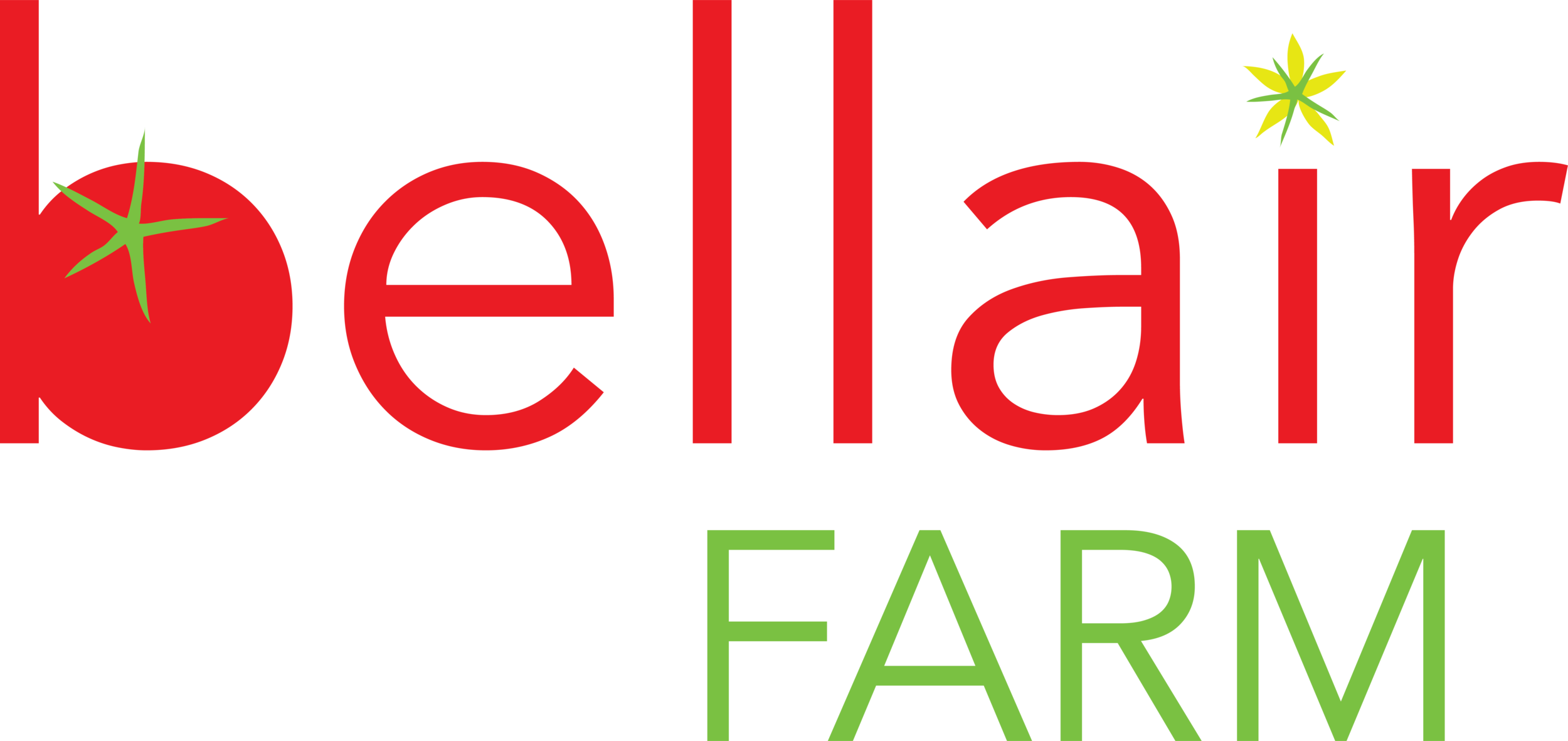Vegetable Preservation
In the peak of the CSA season, when the plants are groaning under the weight of sun ripened vegetables, and the leafy greens are growing faster than we can harvest them, it’s hard to imagine that in a few months they’ll begin to slow and soon enough stop all together. A topic we love to talk about is seasonal eating, and an important part of that is preserving food while it is abundant (to the point of excess!) to help us fill the gaps when the crops aren’t growing anymore. Not only is it a great way to spread things out across the year, but it can help prevent significant food waste, because sometimes you just simply can’t eat all those cucumbers and tomatoes!! Read on for some tips and tricks on how to keep things at their best for as long as possible:
Cold Storage
Let nature do the work for you! Raw, uncut beets, carrots, and cabbage will all store for months in the refrigerator -- ours or yours. To make the most out of your storage time: eat blemished produce first. Pack away large, unblemished, top-less carrots, beets, or cabbage loosely wrapped in plastic (or without) in the crisper section. You don't want a sealed bag as ventilation is important. Your roots will be there when you're ready to cook them.
Quick Pickles
This technique takes the fear out of making pickles! Sometimes known as "refrigerator pickles," just add a splash of vinegar and water (50/50 is usually good) and salt/sugar/spices of your preference and let sit in the fridge! Pickles are ready when you are, but they will be more potent after a few hours of sitting. Use within a month or so, refrigerated. Try quick-pickled carrots, beets, cucumbers and more! Soaking onions for just a few minutes in vinegar or lime juice takes out the bite and makes them into a great crunchy raw topping!
Dehydration Station
If you have a dehydrator, congrats! It's maybe the easiest way to preserve! I use it to dry slices of scallion, onion, and carrot. I store the fully dry (make sure it is crispy) veg in mason jars. I mainly use the veg to dress up instant ramen. It makes great camp food; way more nutritious and filling than ramen alone. If your garden abounds with tomatoes, you can also make your own "sun-dried" tomatoes. I store them in the freezer after drying because I like some residual moisture in my tomatoes and don't want them going moldy on me.
Canning and Fermentation
These techniques can take a bit more know-how. Always use a trusted book or expert -- especially when canning! Botulism is dangerous but will be avoided by following canning-specific recipes assuring adequate acidification. Making a huge batch of sauerkraut or kimchi is the very best way to get through that cabbage! If you want to know more about canning, have a look at Virginia Food Works - it’s where we produce all our value-added goods like pepper jelly and hot sauce. They’re a fabulous resource, and if you coordinate ahead of time, you can even go there and use the facilities yourself!

